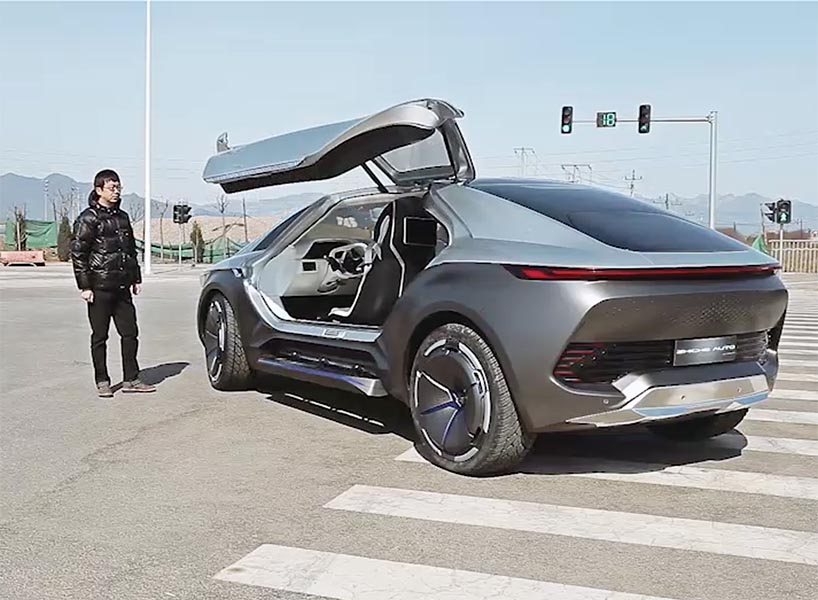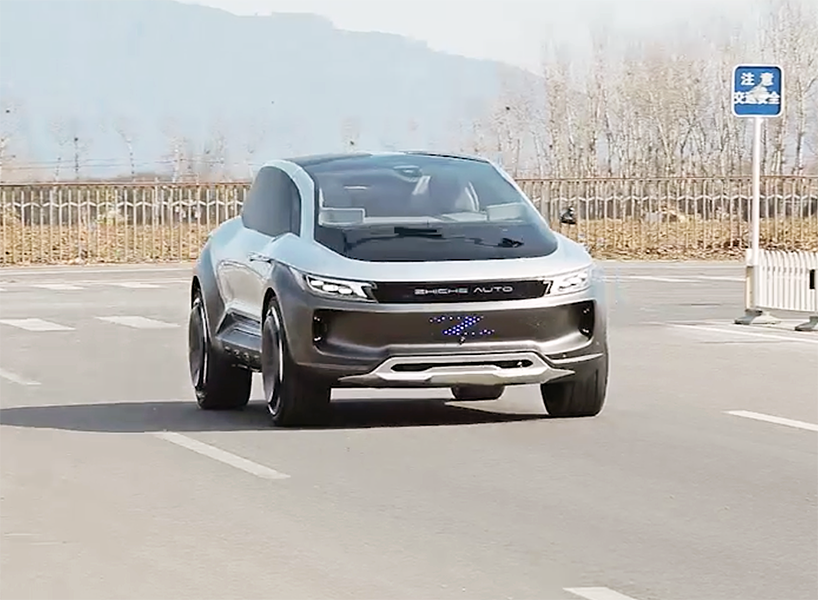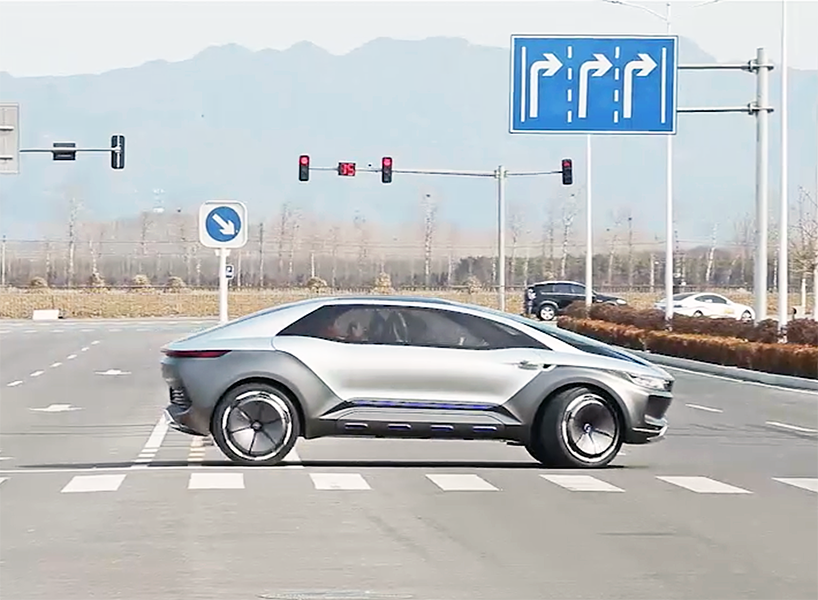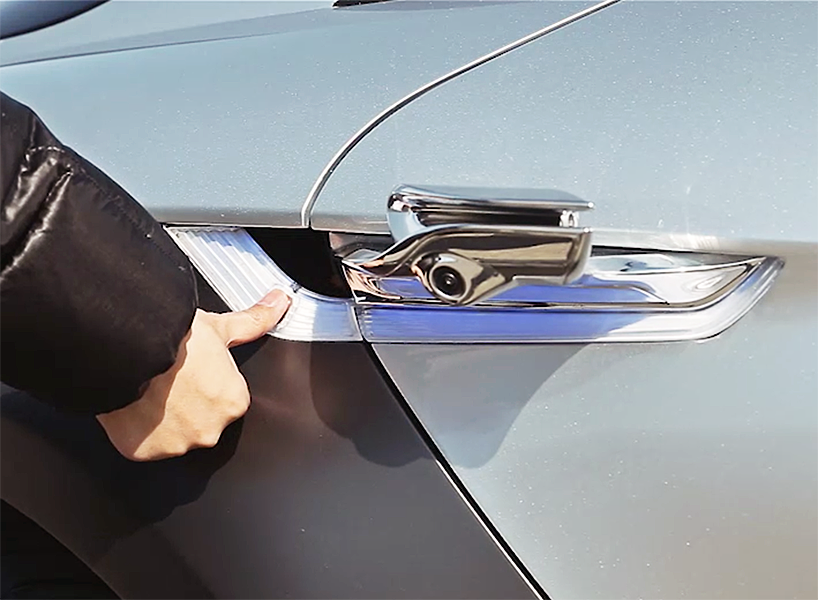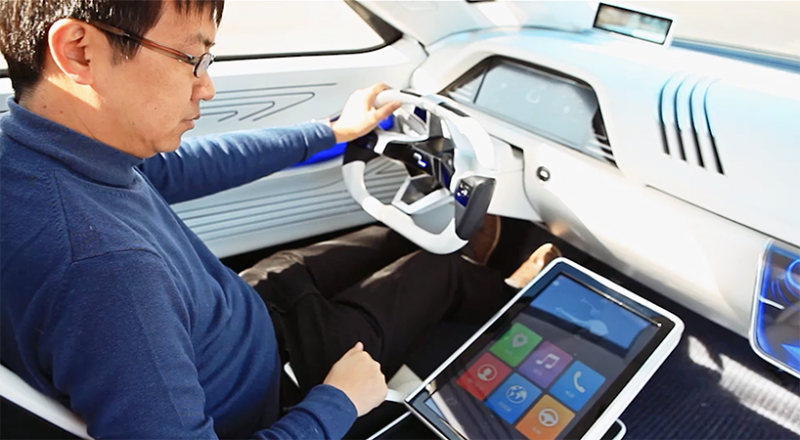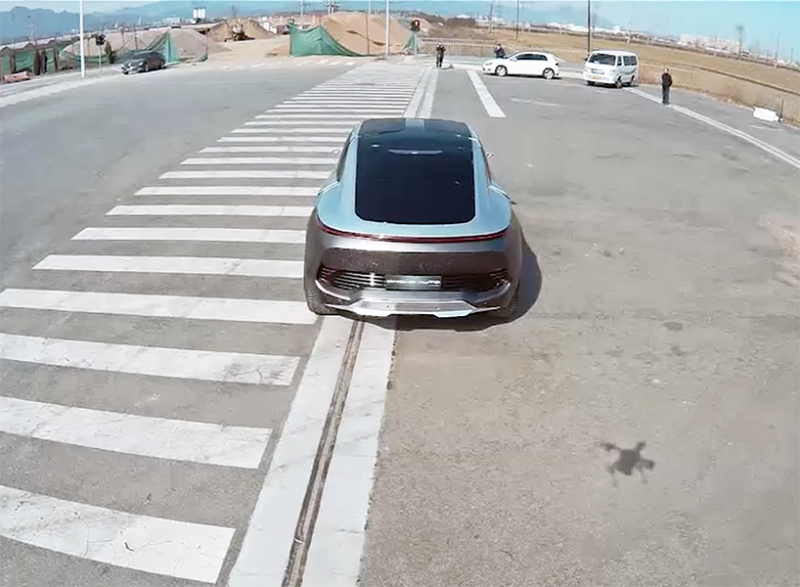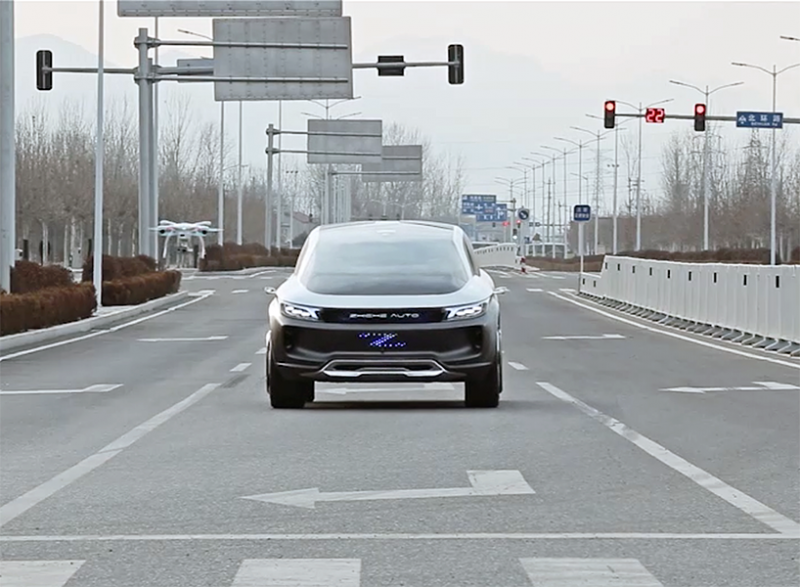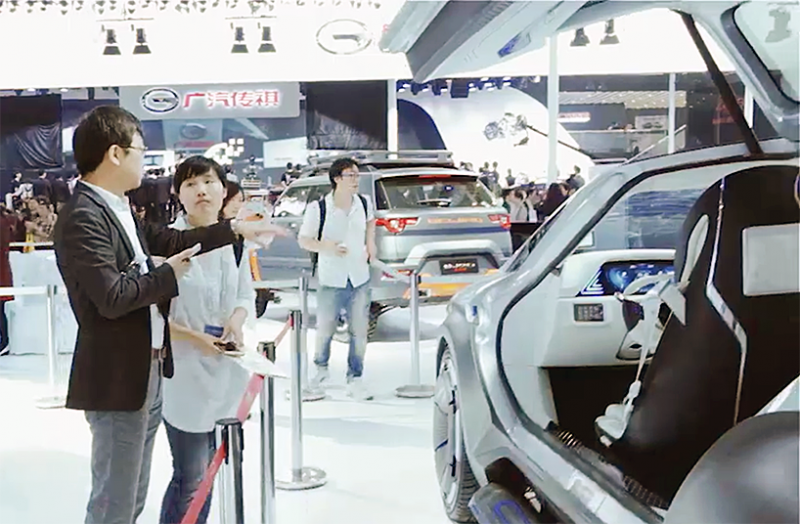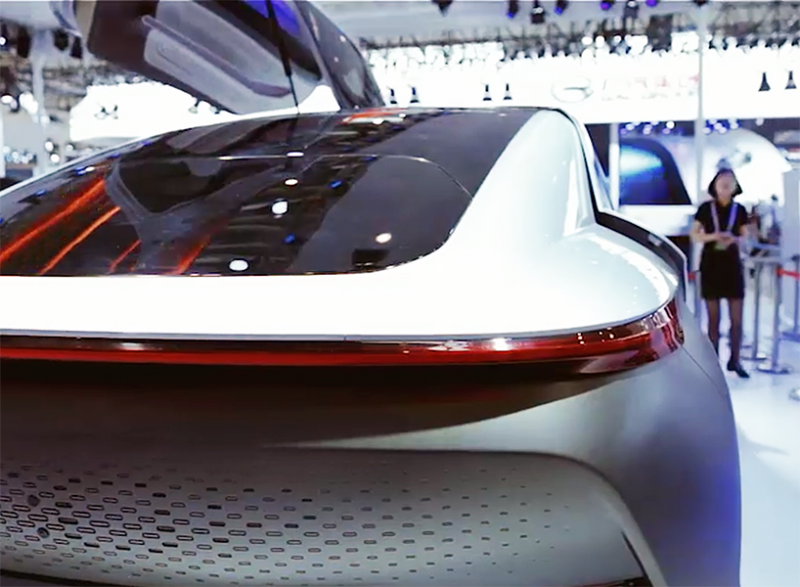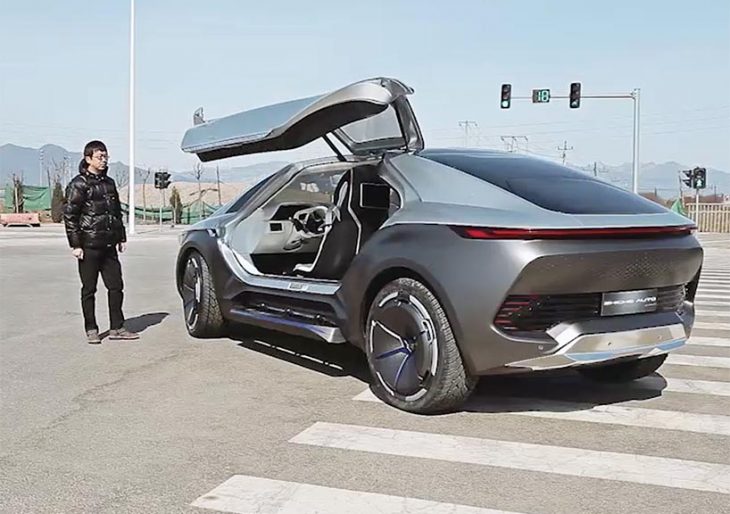China is going aggressively green, at least on the highway.
Startup EV production company Singulato plans to announce that is has raised $600 million in fundraising, bolstered by a government willing to alter subsidy and policy standards to favor energy independent transportation solutions. EV sticker prices in China are therefore a full third lower than they otherwise would be, an attractive incentive to purchase EV battery power over IC.
The example below is purely utilitarian; no frills. But it does indicate, in its simplicity, a shift toward a paradigm of independence. China is clearly moving towards a people’s smartcar. The vehicle can be identified as an ideological symbol, but it indicates the possibility of future global competition as well: Beijing surely perceives the considerable value in developing a reputation for cutting edge EV technology in a global marketplace saturated with the increasingly impractical SUV gas-engine sensibility. If China can become as associated with the EV as Japan was with the fuel-efficient compact in the 1980’s and 90’s, it might own a sizable share of worldwide sales by the end of the next decade.
Right now, China’s interest in the EV remains strictly domestic: gasoline-powered vehicle purchase restrictions have made it difficult and potentially foolhardy for many young adults to purchase a gas-powered vehicle, so the government is making it in the best interests of this demographic to purchase an EV. As there are no purchase restrictions for EVs, there is often immediate availability of a reduced-cost personal transportation solution. Technologically adept young adults are also more likely to be aligned with the ecological belief system represented by such a vehicle. In pollution-heavy cities like Beijing, too, there are no operating restrictions on EVs, as there are on gas-powered vehicles.
Singulato Motors was founded in 2014. Beyond alternative energy vehicles, the company develops intelligent vehicle systems, and other technologies.
